How Much Protein Is Too Much? | 9 Signs You’re Eating Too Much Protein
No matter what your health goals are, you need protein to be successful in achieving them, but how much protein is too much? Learn the signs that you’re having too much of a good thing.
RELATED: 9 Keto Protein Bars You Can Make For A Guilt-Free Dessert
How Much Protein is Too Much? 9 Important Signs You Shouldn’t Ignore
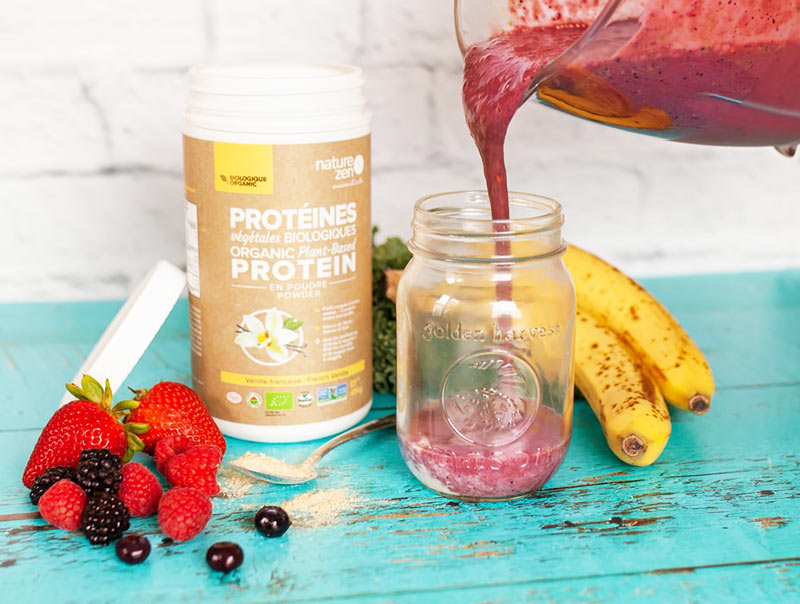
1. You’re Constipated
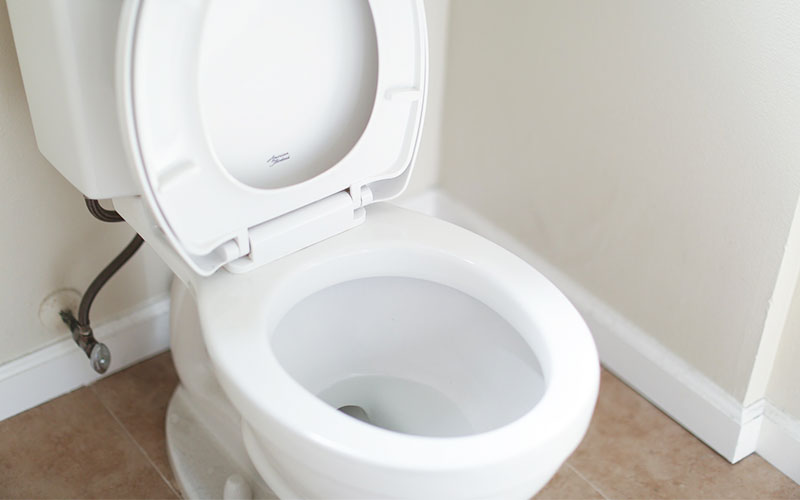
If things seem to be backed up in your gut, too much protein could be the culprit. High protein diets, particularly if the bulk of them comes from animal sources, also tend to be very low in fiber.
To get your intestines moving, try eating more food with generous amounts of protein and fiber like lentils, beans, and other whole grains.
2. You’re Thirsty All the Time

Eating more protein than you need overworks your kidneys as they would need to work harder to filter out the excess. All this extra work causes you to pee more often and make you dehydrated in the process.
Too much protein can also increase your risk of getting kidney stones and other related kidney issues. To balance this out, consider adding foods rich in potassium to your diets like bananas, spinach, and dried fruit.
3. Your Waistline is Expanding
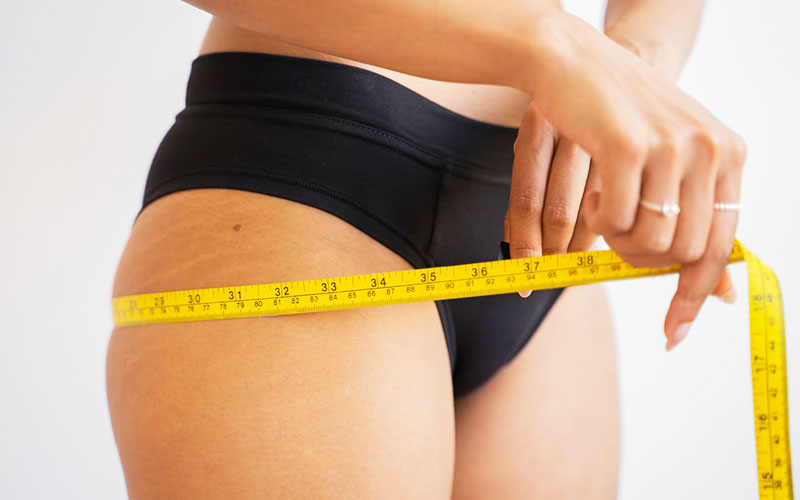
High-protein diets also tend to be high in calories, and excess calories tend to be stored as fat. This leads to weight gain over time.
This especially holds true if you get your proteins from animal sources. To use up all that protein you’re eating, increase your physical activity and add some resistance training to your fitness regimen at least twice a week.
4. You’re Constantly Tired

Fatigue can be due to multiple reasons, including not getting enough sleep or being stressed out after a long day. If you’re still worn out even after getting enough shut-eye and keeping your stress levels at bay, eating too much protein could be the culprit.
Your body requires a delicate balance of protein and carbs to function at its optimal level. Make sure not only to eat enough carbs, but also ensure you’re getting them from healthy sources like fruits, vegetables, and whole grains.
5. You Have Bad Breath

When you consume more protein, your body produces ammonia as it digests them. This gives the distinctive acetone-like breath smell that’s especially known to keto dieters as the “keto breath”.
Aside from having a toothbrush on-hand to keep your mouth smelling minty-fresh, rebalance your food intake with more fruits, vegetables, and healthy carbohydrates.
RELATED: Tuna vs Salmon
6. Your Mood Goes Up and Down

If your diet tips more on the protein-heavy side, you may find yourself feeling crabby and irritable. Carbohydrates provide fuel for your brain and facilitate the release of serotonin, the hormone responsible for stabilizing your overall mood.
Having too much protein also increases the risk of developing (or worsening) mood disorders like depression and anxiety.
7. You’re on a Brain Fog

Find yourself not being able to concentrate on even the simplest tasks? Having too much protein could be to blame.
The less energy your brain has due to lack of carbs, the more exhausted your brain gets. Low-carb diets also hasten cognitive decline and increase the risk of developing dementia as you age.
8. Your Bloodwork is Off the Charts
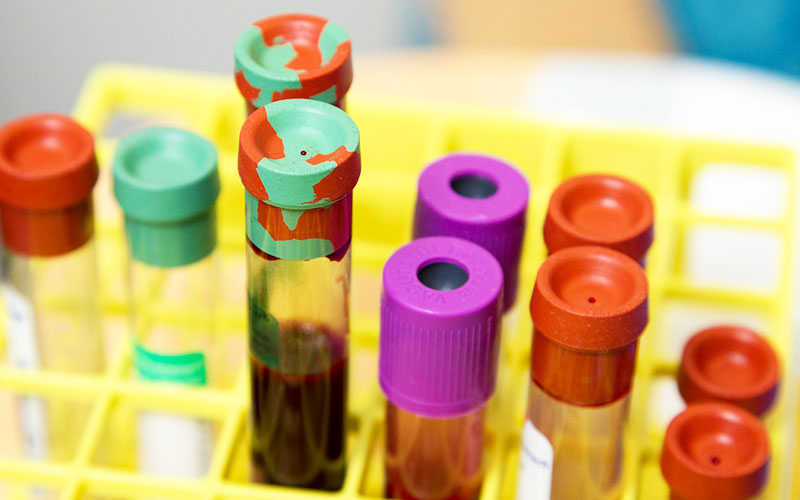
Certain protein-rich foods like dairy and eggs tend to be rich in low-density lipoprotein (LDL) cholesterol. Too much LDL leads to a buildup of fat in your arteries and increases your risk of strokes and heart attacks.
Another sign of too much protein you can find in your bloodwork is a high blood urea nitrogen (BUN) level. This means your kidneys aren’t filtering your blood properly and the waste products remain in your bloodstream.
9. You’re Eating Protein Against Medical Advice

Some health conditions require you to adhere to a low-protein diet permanently. Such conditions include (but aren’t limited to): protein disorders like Homocystinuria and Phenylketonuria, chronic kidney disease, and advanced liver disease.
If you have any of these conditions, ask your doctor how much protein you should eat in a day to prevent health complications.
Are you a vegan? Lacey Baier spells out many vegan-friendly protein sources in this video.
How much protein is too much depends on your age, life stage, health status, and your current lifestyle. If you notice any of these 9 signs of having too much protein, it’s time to scale back, re-balance your plate, and add more variety to your meals.
Have you encountered any of these signs of eating too much protein? Share your experiences in the comments section below!
Up Next:
- Here Are 6 Nutrients You Are Not Getting Enough Of
- How to Improve Kidney Function in Elderly
- South African Doctor Says Don’t Panic On Covid-19 Omicron Variant Yet
Please stay connected with us on Facebook, Pinterest, Instagram, and Twitter. Join our community here and Feel Better, Look Better and Live better with us.
Trending
Tongue Color | 7 Scary Tongue Color Meanings
Lecithin Benefits and Side Effects: 10 Surprising Truths
Get Updates
SIGN UP FOR OUR NEWSLETTER TODAY

Best Multivitamin for Men | Top 10 Best Multivitamins for Men 2022
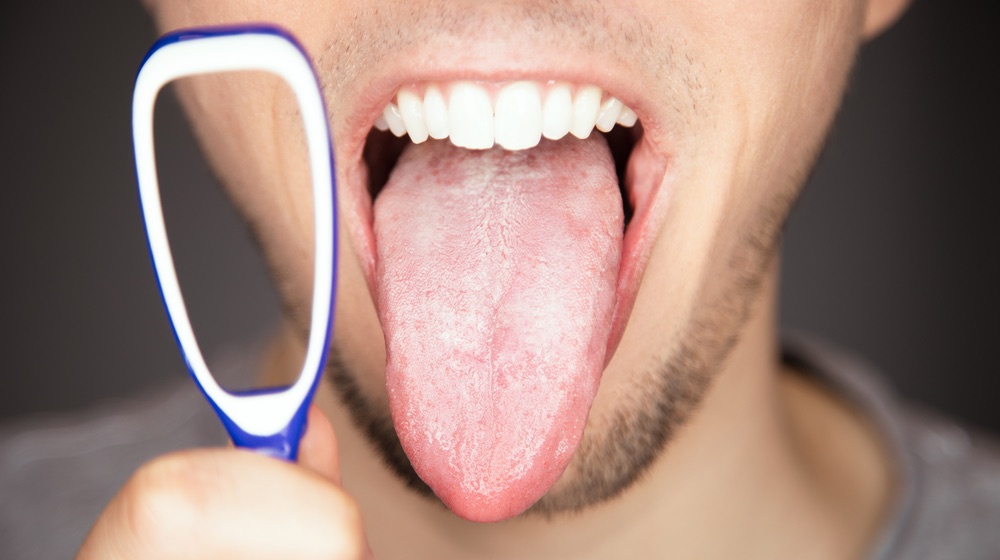
Tongue Color | 7 Scary Tongue Color Meanings
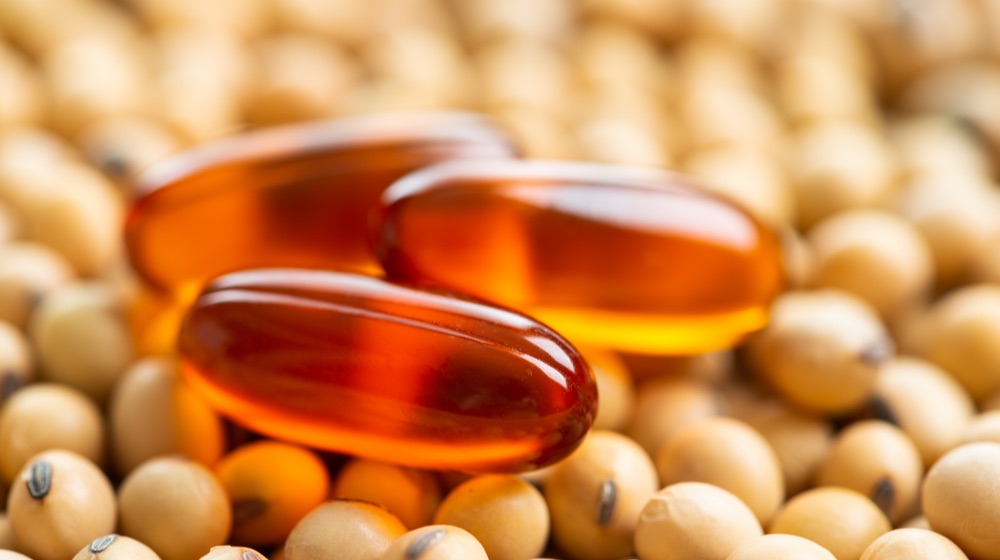
Lecithin Benefits and Side Effects: 10 Surprising Truths
Related

Best Multivitamin for Men | Top 10 Best Multivitamins for Men 2022

